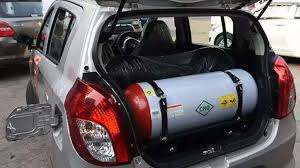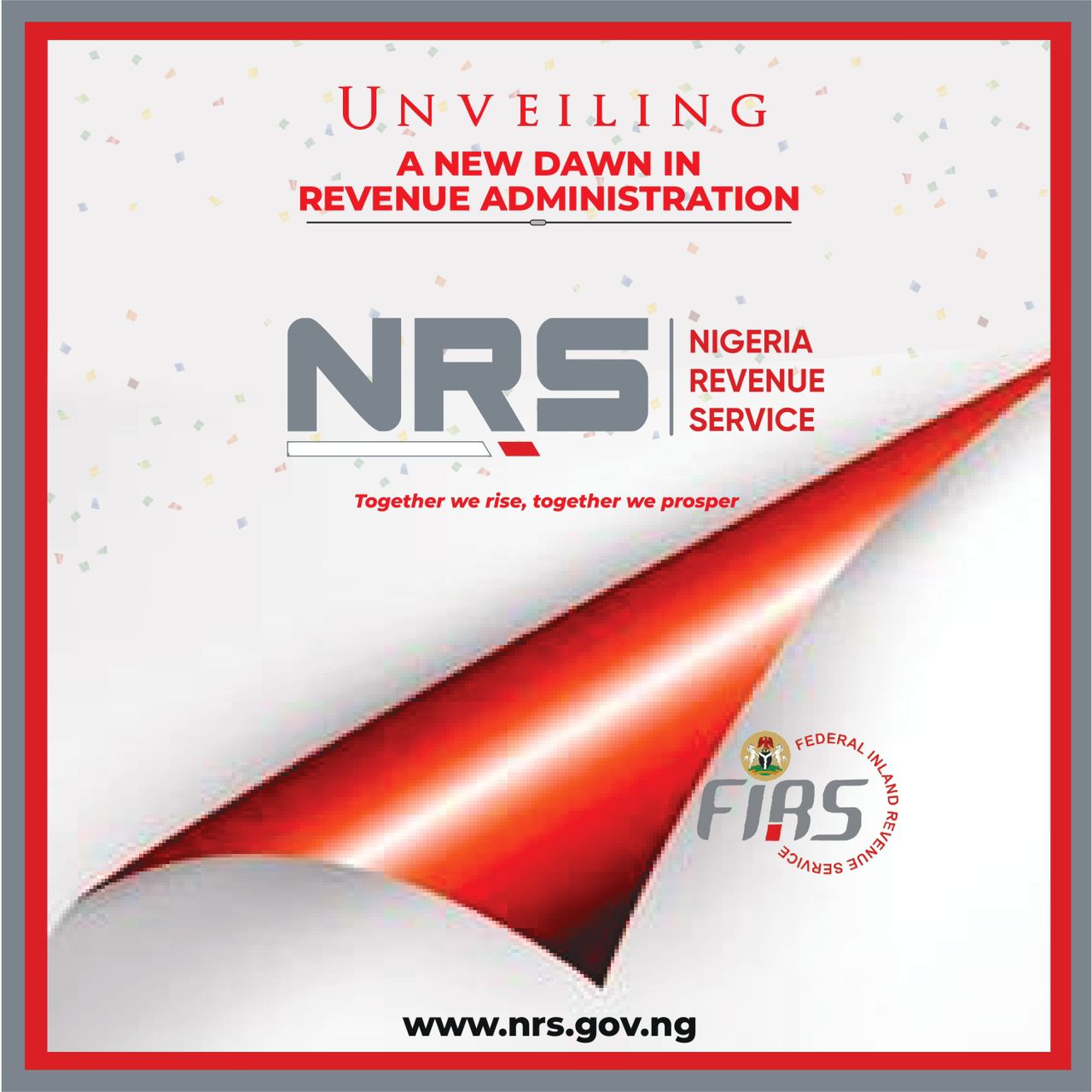CNG, NIGERIA — Petrol remains the dominant fuel source in Nigeria, powering the majority of vehicles and generators.
The country’s reliance on petrol has led to significant imports, straining foreign exchange reserves and impacting the economy.
Despite efforts to increase local refining capacity, Nigeria continues to grapple with petrol shortages and price volatility.

The government has implemented various price regimes, including subsidies, to mitigate the impact on citizens.

However, the long-term sustainability of petrol as a primary energy source is uncertain, driving interest in alternative fuels.
And thus, Compressed Natural Gas (CNG) is gaining traction in Nigeria as a cleaner, more cost-effective alternative to petrol.
With the country’s vast natural gas reserves, CNG has potential for widespread adoption.
Several states, including Lagos and Rivers, have launched CNG-powered transportation initiatives, while private companies invest in infrastructure development.
Tinubu To Commission NASENI’s CNG Conversion Centre To Drive Sustainable Energy Solutions
CNG conversion kits for vehicles are becoming increasingly available.
Although challenges persist, such as limited filling stations and high conversion costs, Nigeria’s growing CNG market promises reduced greenhouse gas emissions, lower operational costs, and decreased dependence on imported petrol.

As the government continues to promote alternative energy sources, C NG is poised to play a significant role in Nigeria’s energy mix.
But still, continue use of petrol is argued to be more safety and good than the recent CNG in the country.
Here are some of the reasons why petrol is more valuable and safer for use than the CNG.
There is wider availability of petrol stations. Petrol stations are more widespread across Nigeria compared to gas stations, making petrol vehicles more convenient for long-distance travel and in remote areas.
Also is lower initial conversion cost.
Switching from petrol to CNG vehicles requires an initial investment for conversion kits, while petrol-powered cars do not need such an upgrade, making it more financially accessible for many people.
There is an established infrastructure for petrol vehicles.
The infrastructure for petrol-powered vehicles, such as service centers and mechanics, is well-established across the country.
In contrast, C NG vehicle servicing is less common, requiring specialized technicians to avoid unnecessary casualty.
Petrol engines generally provide better performance in terms of acceleration and power compared to CNG-powered vehicles, making them preferable for users who prioritize speed and engine power.
Petrol vehicles typically have a longer refueling range compared to CNG vehicles, meaning drivers can travel further on a single tank of fuel, which is advantageous for those who frequently travel long distances.


































